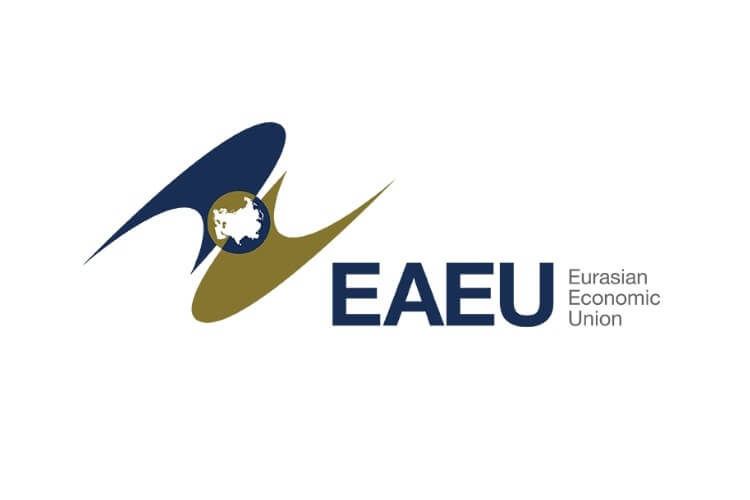The ban on the export of several products from the Eurasian Economic Union (EAEU), including buckwheat, rice and garlic, came into force on April 12.
The corresponding decision was made by the Council of the Eurasian Economic Commission (ECE) on March 31, in the light of the pandemic of the new coronavirus.
The list of goods that cannot be exported included onions, garlic, turnips, rye and rice (except for rice from Kazakhstan). The restrictive measure also applies to buckwheat, millet, cereals and wholemeal flour, cereal grains, buckwheat, soybeans, sunflower seeds and prepared buckwheat foods.
BMG (Business Media Georgia) agency writes that in 2019 the share of Russia and the EAEU countries in Georgian import of buckwheat was 68%, rice — 11%, onions and garlic — 18%, sunflower seeds — 83%, cereals and wholemeal 81%
Deputy Minister of Agriculture Gela Khanishvili said that the country has enough stocks of the products, further diversification of supplies is planned.
It is assumed that the ban on the export of goods from the EAEU countries will be valid until June 30. There are some exceptions: the ban does not apply to goods exported from the customs territory of the EAEU to provide international humanitarian assistance to foreign countries, citizens for personal use, as supplies and as well as to ensure the operation of structures and installations.
Also, the ban does not apply to the export of goods transported as part of international transit traffic, outside the customs territory of the EAEU, as well as goods transported between the territories of the member states through the territories of third countries.
The EAEU member states are Russia, Armenia, Belarus, Kazakhstan, and Kyrgyzstan.
